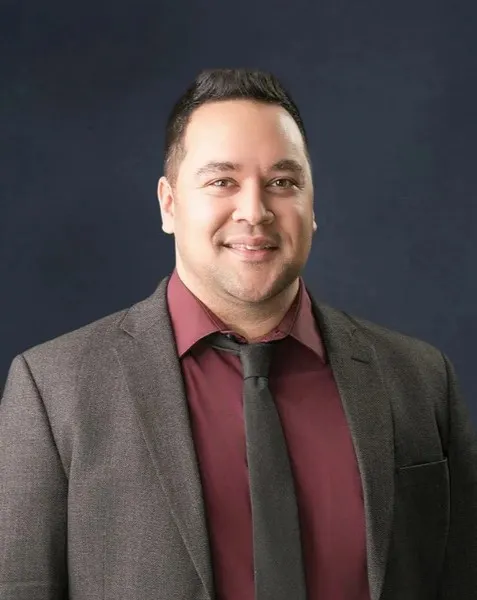
A prominent infrastructure consultant is sounding the alarm over recent federal rollbacks to diversity and inclusion programs. In an opinion piece, Sri Kumar, president of Tennessee-based aviation and infrastructure consulting firm Connico, cautioned that dismantling long-standing business equity measures within the U.S. Department of Transportation may ultimately undermine the very industry those policies support.
.avif)
According to Kumar, scaling back programs like the Disadvantaged Business Enterprise (DBE) initiative — which historically helped women-, minority- and veteran-owned firms compete for aviation and transportation contracts — poses an existential risk to national infrastructure efforts.
“Reducing competition in infrastructure sends shivers up my spine because we are living in an all-hands-on-deck moment in this industry.”
Kumar argues that while political debates over affirmative action and procurement reform continue, decision-makers are overlooking a fundamental crisis: a rapidly growing infrastructure market with an acute shortage of qualified professionals.
Reflecting on post-pandemic industry trends, Kumar describes the current aviation market as unprecedented:
“We see no slowdown in projects, no slowdown in funding and no slowdown in demand.”
Airports are expanding, airlines are adding routes, and passenger traffic has surged past pre-2020 levels. But despite billions of dollars flowing into capital projects, companies are struggling to keep up.
“Almost every company (whether you’re admitting it to yourself or not) sees more work coming in the door than they can keep up with.”
Kumar warns that limiting participation from small and emerging firms — many of which entered the field through federal diversity programs — could shrink the talent pipeline just as demand reaches its peak.

Drawing comparisons to competitive sports, Kumar defends equity-based contracting policies as tools for expanding opportunity — not lowering standards.
“Golf doesn’t award handicaps to new golfers to destroy the chances of pro golfers. It does so to make the field more competitive, so the most competent players advance.”
He notes that infrastructure projects today are far more complex than in previous generations. Where the Wright brothers once built an aircraft in a bicycle shop, modern aviation systems require thousands of specialists, from engineers to programmers to logistics planners.
That level of complexity, Kumar says, demands diverse thinking and broader participation, regardless of which policy framework delivers it.
Even if current diversity mandates are weakened or dissolved, Kumar insists the industry must find alternative pathways to attract new talent, particularly from underrepresented groups.
“We need more innovation. We need more teammates… We need more ways to help more people get a seat at the table, so they can get to work.”
His message is clear: without inclusive policies — or at minimum, inclusive intent — America’s infrastructure boom could stall not from lack of funding, but lack of people.
Originally reported by Sri Kumar in Construction Dive.